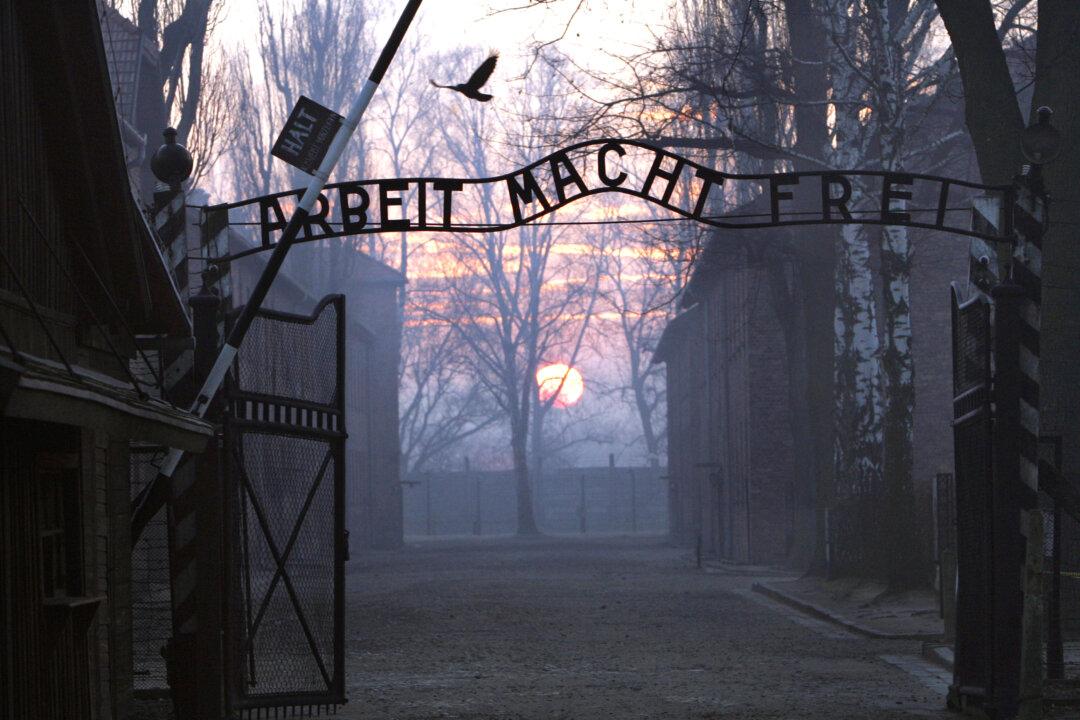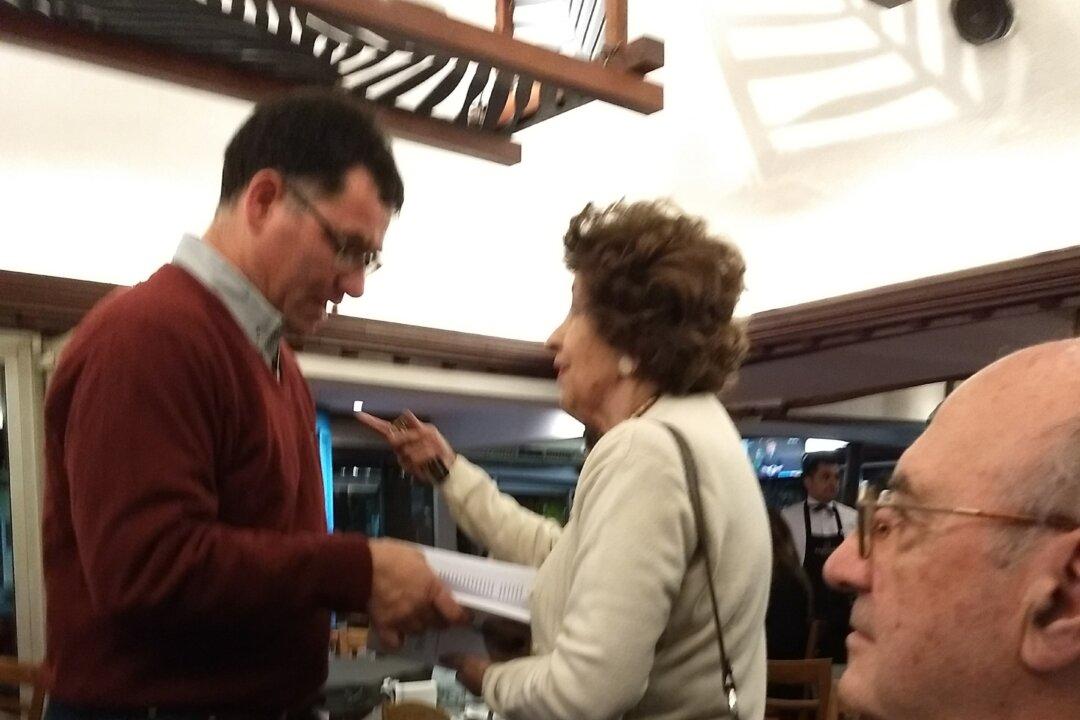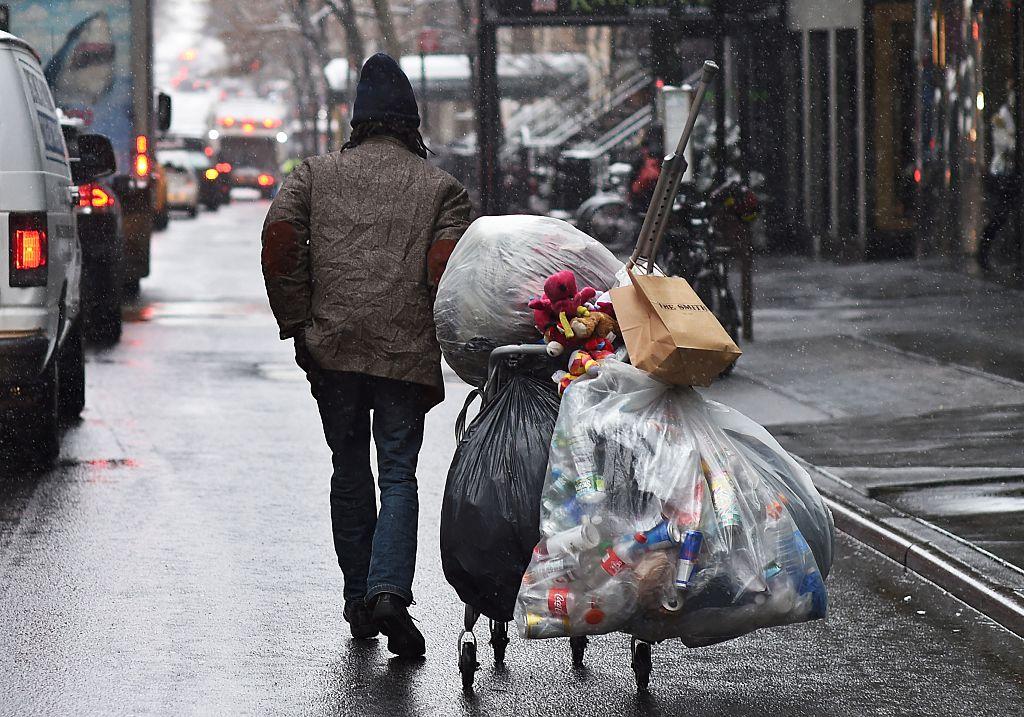At the main entrance of the Nazi camp at Auschwitz one could read: “Arbeit macht frei” (Work makes you free). The current trial of Reinhold Hanning, 94, a former SS guard at the camp, brings to mind one of the saddest ironies in that most tragic place.
Hanning is being tried in the court city of Detmold, in western Germany, for his complicity in the death of 170,000 people, when he was just over 20 years old. Hanning is not charged with having directly participated in the killings in the camp but prosecutors accuse him of facilitating the murders in his capacity as a guard.
Hanning had been urged by his stepmother to join the SS. He was sent to France and then to the east in the war front. After he was injured in Kyiv, and having been rejected twice his request to rejoin the front, he was sent as an internal service officer to Auschwitz, also known as Auschwitz-Birkenau, one of the most infamous death camps constructed by the Nazis.





